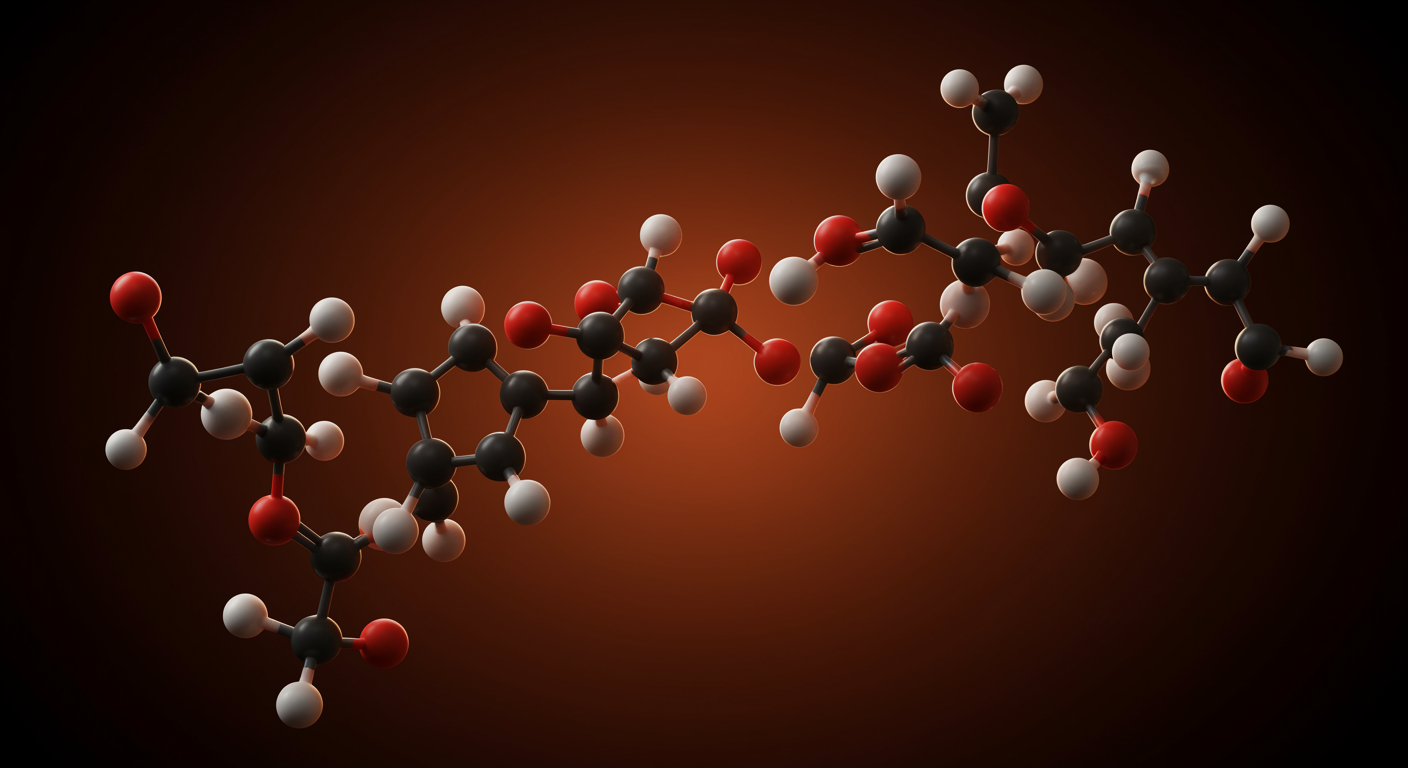How Caffeine Works: Blocking Adenosine Receptors to Prevent Sleepiness
How Does Caffeine Keep You Awake and Alert?
Caffeine works by blocking adenosine A2A receptors in the brain, preventing the natural sleep-promoting chemical adenosine from binding to these receptors and making you drowsy. This research demonstrates that caffeine’s alerting effects depend specifically on its ability to act as an adenosine receptor antagonist, essentially “tricking” your brain into staying alert even when adenosine levels are high. Rather than providing energy directly, caffeine works by removing the biological brake that adenosine places on your arousal systems.












